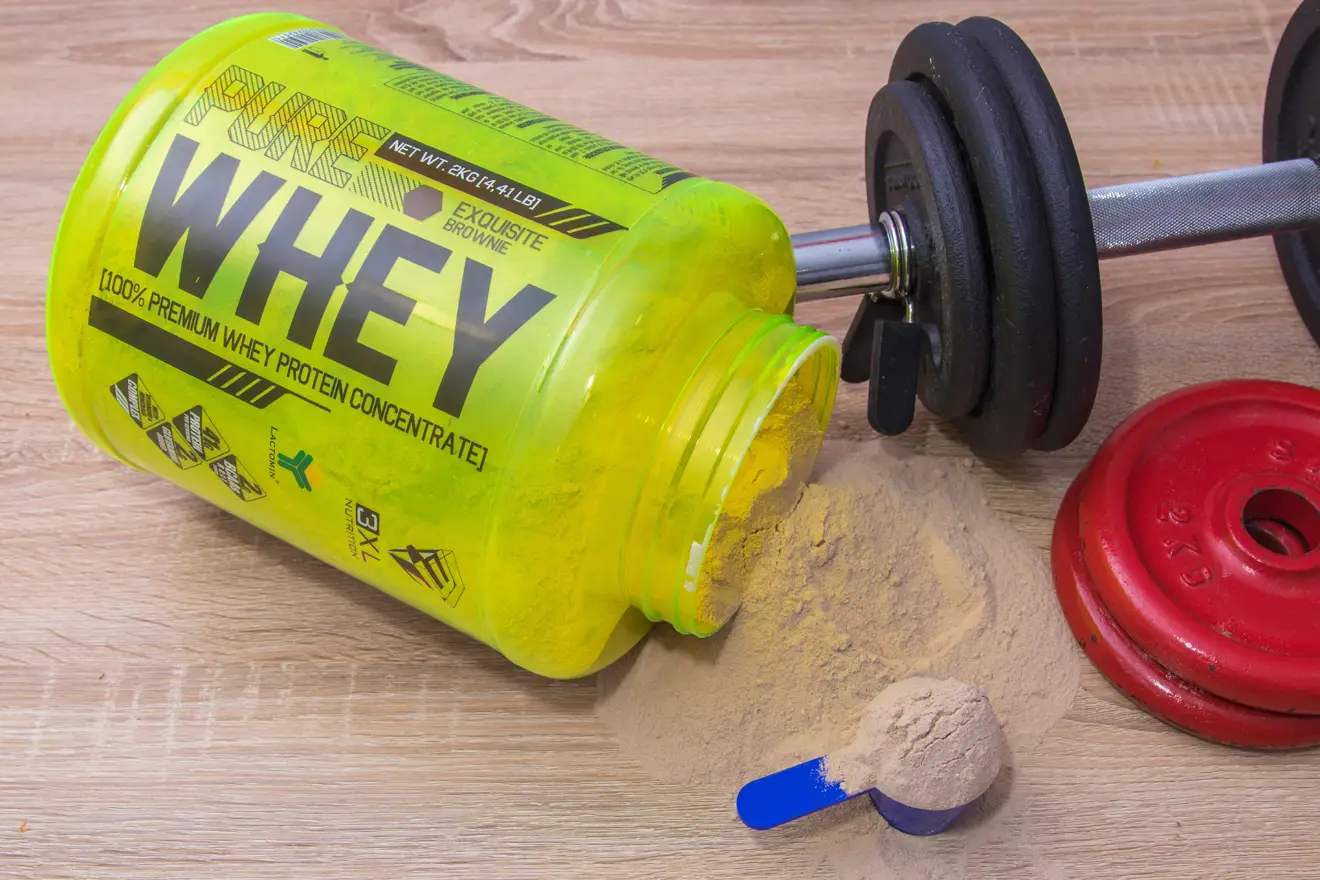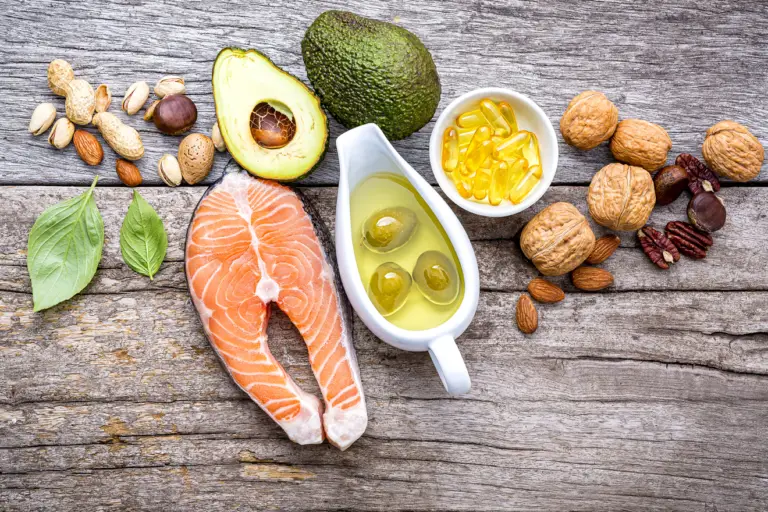Weight training supplements
Do you need supplements?
From shakes and bars to pills and powders, there are many different kinds of weight training supplement, some designed to improve performance and others devised to remedy nutritional deficiencies. There are also weight training supplements that promise to help you gain or lose weight. Although you will most likely need a protein supplement to help you to meet your daily protein requirement without exceeding your daily fat requirement, whether you need other supplements will depend on your individual circumstances, goals, and preferences.
Always remember, however, that following a nutritious diet, adhering to an effective training program, and ensuring that you get enough rest are the three pillars of weight training success. Supplements cannot compensate for poor diets and ineffective training regimens. Before you think about supplements, you should focus on learning and implementing proper nutrition and exercise. Only after you have maximized your results by implementing proper nutrition and exercise should you consider supplementation.
Can weight training supplements be dangerous?
Be careful of weight training supplements. They are often not regulated, which means that there is no guarantee that the product will contain what it says on the tin. There’s also the risk that the product is contaminated with banned or illegal substances, such as steroids, stimulants, and hormones. What’s more, many weight training supplements that you buy are imitations. Take a brief glance at the reviews of some protein powders on Amazon.com and you will likely see customers complaining about receiving an imitation item. That’s why the packaging of many legitimate products, such as protein powders, includes a hologram, which makes counterfeiting more difficult. Therefore, if you are going to buy a supplement, make sure that it is legitimate, legal, and safe.
Types of supplement
Whey and casein protein powders
One of the weight training supplements that you will almost certainly need is a protein powder. Protein powders are convenient, cost-effective, and great for before and after a workout. They are very useful in helping you to reach your daily protein requirement without consuming too much fat. The powders can be used to make shakes or anything in which they can be dissolved, including bars, cakes, and other bakes. The most popular varieties of protein powder are whey and casein, with whey being the most popular.
Whey is derived from milk and is a by-product of cheese production. It is digested quickly by the body and provides a balanced source of all nine essential amino acids, including the branched-chain amino acids leucine, isoleucine, and valine.
Casein also comes from milk and provides all nine essential amino acids, including the branched-chain amino acids leucine, isoleucine, and valine. However, it contains less leucine than whey does and is digested slowly by the body. The reason is that casein forms a gel in the stomach, which provides a slow and sustained release of amino acids into the bloodstream.
The rate of a protein’s digestion is important for muscle protein balance. Because whey is digested quickly, it causes a rapid increase in blood amino acids and protein synthesis. However, it is short-lived, which can open the room for protein breakdown. Casein, on the other hand, causes a slow but prolonged increase in blood amino acids, which can be better at preventing muscle protein breakdown.
Since whey provides a quick burst of amino acids and casein provides a more prolonged source of amino acids, they can be used alone or in combination to exploit their unique characteristics. For example, you can use casein powder to make bedtime shakes because it promotes a sustained anti-catabolic environment, and you can use whey powder when you need a quick surge of amino acids, such as before and after a workout, and first thing in the morning. Mix whey in a large glass of milk to get the added benefit of naturally occurring casein.
Creatine, the performance enhancer
Creatine is a protein that enhances your muscles’ ability to perform. It is naturally synthesized in your body and can also be found in protein-rich foods, such as red meat and fish. After being eaten, creatine is used to make creatine phosphate (also known as phosphocreatine), which is used to synthesize adenosine triphosphate (ATP), the compound in which all of the cells in your body store and use energy. Boosting muscle creatine phosphate levels increases your strength and endurance and allows you to recover faster between exertions. The more creatine phosphate there is in your muscle cells, the more fuel the cells will have to work, the harder you will be able to train, and the more you will stimulate growth in muscles or curves. Creatine has also been found to increase bone mineral density, improve glucose metabolism, and enhance brain performance, making it the supplement of choice for many athletes and one of the most popular weight training supplements in the bodybuilding industry.
Creatine is permitted by the International Olympic Committee, as well as professional sports and the National Collegiate Athletic Association (NCAA). However, the NCAA no longer allows colleges to supply creatine to their students with school funds.
Tribulus terrestris, the ‘testosterone booster’
Also known as the puncture vine, Tribulus terrestris is a Mediterranean plant that is presented as a natural alternative to anabolic steroids. Mostly recommended for male virility, it was popularized by IFBB bodybuilding champion Jeffrey Petermann in the early 1970s as a supplement that can boost the body’s natural testosterone levels, thus improving male sexual performance and helping to build muscle. However, while Tribulus terrestris does seem to have libido-enhancing properties (especially in rats), scientific studies have failed to find evidence for the claim that it can boost testosterone levels in humans. In fact, there is no evidence that Tribulus terrestris can enhance sporting performance or increase muscular growth in any way. I mention it here only to dissuade you from ever trying it.
Ephedrine, the banned fat burner
Ephedrine is a central nervous system stimulant derived from the ephedra (or Ma-huang) plant. In its herbal form, it has been used for over 2,000 years by the Chinese to ‘treat’ asthma, nasal congestion, and allergies. Resembling adrenaline, ephedrine increases basal metabolic rate (BMR), thus spurring the body to burn calories faster. However, the dietary supplement was banned by the FDA in 2004 because it was found to be unsafe and presents little proven benefit.
Weight gainers
Some individuals, commonly known as hard gainers, have a very fast metabolism, making gaining weight and muscle very difficult. Weight gainers are supplements designed to help hard gainers to increase body mass by boosting caloric intake. The supplements are packed with calories, usually delivered in the form of a combination of proteins (usually whey and casein) and both low-glycemic and high-glycemic carbohydrates. The supplements may also include omega-3 fatty acids and fiber.
Weight gainers are, of course, also very useful when you are bulking. They can help you to boost your caloric intake without having to spend all day in the fridge. A single shake can provide a whole meal’s worth or more of calories.







